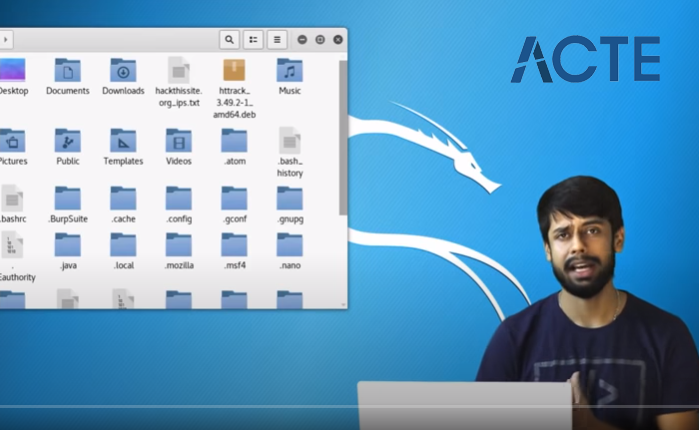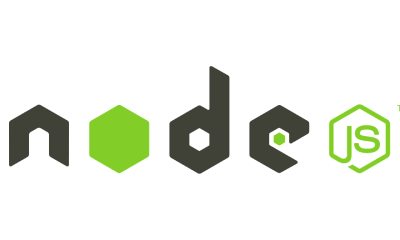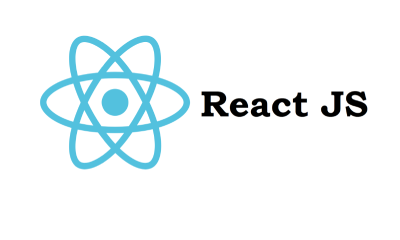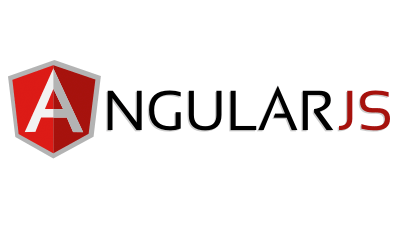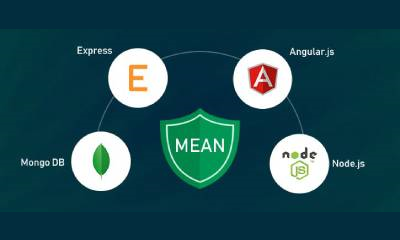PL/SQL stands for “Procedural Language extensions to the Structured Query Language”. SQL is a popular language for both querying and updating data in the relational database management systems (RDBMS). PL/SQL adds many procedural constructs to SQL language to overcome some limitations of SQL.
PL/SQL has these advantages:
- Tight Integration with SQL.
- High Performance.
- High Productivity.
- Portability.
- Scalability.
- Manageability.
- Support for Object-Oriented Programming.
- Support for Developing Web Applications.
- Support for Developing Server Pages
- Tight Integration with SQL:
PL/SQL is tightly integrated with SQL, the most widely used database manipulation language. For example:
PL/SQL lets you use all SQL data manipulation, cursor control, and transaction control statements, and all SQL functions, operators, and pseudocolumns.
PL/SQL fully supports SQL data types.
You need not convert between PL/SQL and SQL data types. For example, if your PL/SQL program retrieves a value from a column of the SQL type VARCHAR2, it can store that value in a PL/SQL variable of the type VARCHAR2.
You can give a PL/SQL data item the data type of a column or row of a database table without explicitly specifying that data type (see "%TYPE Attribute" and "%ROWTYPE Attribute").
PL/SQL lets you run a SQL query and process the rows of the result set one at a time (see "Processing a Query Result Set One Row at a Time").
PL/SQL supports both static and dynamic SQL. Static SQL is SQL whose full text is known at compilation time. Dynamic SQL is SQL whose full text is not known until run time. Dynamic SQL lets you make your applications more flexible and versatile. For more information, see Chapter 6, "PL/SQL Static SQL" and Chapter 7, "PL/SQL Dynamic SQL".
- High Performance:
PL/SQL lets you send a block of statements to the database, significantly reducing traffic between the application and the database.
Bind Variables
When you embed a SQL INSERT, UPDATE, DELETE, MERGE, or SELECT statement directly in your PL/SQL code, the PL/SQL compiler turns the variables in the WHERE and VALUES clauses into bind variables (for details, see "Resolution of Names in Static SQL Statements"). Oracle Database can reuse these SQL statements each time the same code runs, which improves performance.
PL/SQL does not create bind variables automatically when you use dynamic SQL, but you can use them with dynamic SQL by specifying them explicitly (for details, see "EXECUTE IMMEDIATE Statement").
Subprograms
PL/SQL subprograms are stored in executable form, which can be invoked repeatedly. Because stored subprograms run in the database server, a single invocation over the network can start a large job. This division of work reduces network traffic and improves response times. Stored subprograms are cached and shared among users, which lowers memory requirements and invocation overhead. For more information about subprograms, see "Subprograms".
Optimizer:
The PL/SQL compiler has an optimizer that can rearrange code for better performance. For more information about the optimizer, see "PL/SQL Optimizer".
- High Productivity:
PL/SQL lets you write compact code for manipulating data. Just as a scripting language like PERL can read, transform, and write data in files, PL/SQL can query, transform, and update data in a database.
PL/SQL has many features that save designing and debugging time, and it is the same in all environments. If you learn to use PL/SQL with one Oracle tool, you can transfer your knowledge to other Oracle tools. For example, you can create a PL/SQL block in SQL Developer and then use it in an Oracle Forms trigger. For an overview of PL/SQL features, see "Main Features of PL/SQL".
- Portability:
You can run PL/SQL applications on any operating system and platform where Oracle Database runs.
- Scalability:
PL/SQL stored subprograms increase scalability by centralizing application processing on the database server. The shared memory facilities of the shared server let Oracle Database support thousands of concurrent users on a single node. For more information about subprograms, see "Subprograms".
For further scalability, you can use Oracle Connection Manager to multiplex network connections. For information about Oracle Connection Manager, see Oracle Database Net Services Reference.
- Manageability:
PL/SQL stored subprograms increase manageability because you can maintain only one copy of a subprogram, on the database server, rather than one copy on each client system. Any number of applications can use the subprograms, and you can change the subprograms without affecting the applications that invoke them. For more information about subprograms, see "Subprograms".
- Support for Object-Oriented Programming:
PL/SQL supports object-oriented programming with "Abstract Data Types".
- Support for Developing Web Applications:
PL/SQL lets you create applications that generate web pages directly from the database, allowing you to make your database available on the Web and make back-office data accessible on the intranet.
The program flow of a PL/SQL Web application is similar to that in a CGI PERL script. Developers often use CGI scripts to produce web pages dynamically, but such scripts are often not optimal for accessing the database. Delivering Web content with PL/SQL stored subprograms provides the power and flexibility of database processing. For example, you can use DML statements, dynamic SQL, and cursors. You also eliminate the process overhead of forking a new CGI process to handle each HTTP request.
You can implement a Web browser-based application entirely in PL/SQL with PL/SQL Gateway and the PL/SQL Web Toolkit.
PL/SQL Gateway lets a Web browser invoke a PL/SQL stored subprogram through an HTTP listener. mod_plsql, one implementation of the PL/SQL Gateway, is a plug-in of Oracle HTTP Server and lets Web browsers invoke PL/SQL stored subprograms.
PL/SQL Web Toolkit is a set of PL/SQL packages that provides a generic interface to use stored subprograms invoked by mod_plsql at run time. For information about packages, see "Packages".
Oracle Database Advanced Application Developer's Guide for information about developing PL/SQL Web applications
- Support for Developing Server Pages:
PL/SQL Server Pages (PSPs) let you develop web pages with dynamic content. PSPs are an alternative to coding a stored subprogram that writes the HTML code for a web page one line at a time.
Special tags let you embed PL/SQL scripts into HTML source text. The scripts run when Web clients, such as browsers, request the pages. A script can accept parameters, query or update the database, and then display a customized page showing the results.
During development, PSPs can act like templates, with a static part for page layout and a dynamic part for content. You can design the layouts using your favorite HTML authoring tools, leaving placeholders for the dynamic content. Then, you can write the PL/SQL scripts that generate the content. When finished, you simply load the resulting PSP files into the database as stored subprograms.
Main Features of PL/SQL
- PL/SQL combines the data-manipulating power of SQL with the processing power of procedural languages.
- When you can solve a problem with SQL, you can issue SQL statements from your PL/SQL program, without learning new APIs.
- Like other procedural programming languages, PL/SQL lets you declare constants and variables, control program flow, define subprograms, and trap runtime errors.
- You can break complex problems into easily understandable subprograms, which you can reuse in multiple applications.
Topics
- Error Handling
- Blocks
- Variables and Constants
- Subprograms
- Packages
- Triggers
- Input and Output
- Data Abstraction
- Control Statements
- Conditional Compilation
- Processing a Query Result Set One Row at a Time


